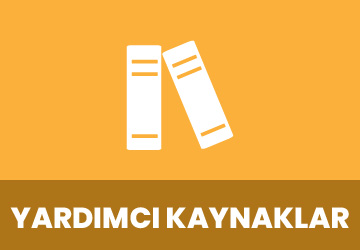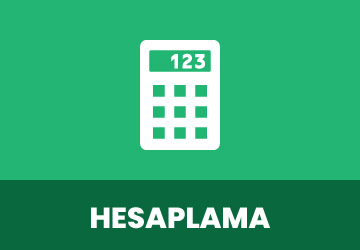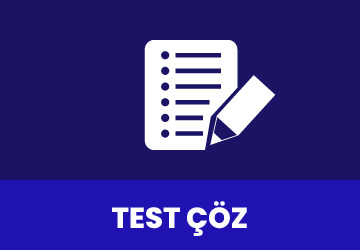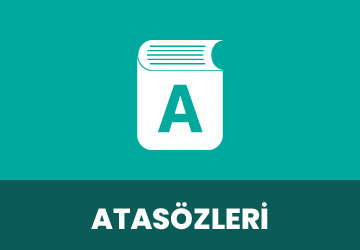
İngilizce Meb Yayınları Yes You Can B1.1 Ders Kitabı Sayfa 104 Cevabı


İngilizce Meb Yayınları Yes You Can B1.1 Ders Kitabı Sayfa 104 Cevabı
2017 – 2018 Eğitim Öğretim dönemiyle beraber pek çok ders ve çalışma kitabı değişti. Değişen ders kitaplarından biri de “İngilizce Meb Yayınları Yes You Can B1.1 Ders Kitabı Cevapları” oldu. Kitabı incelediğimizde ise Devrim ÖZBEK, Hatice KUMRAL, Sevinç ÖRER tarafından 132 sayfa olarak kaleme alındığını görüyoruz. Kitapta görseller ön plana çıkarılmış ve görsel tasarım ise Beyza DİRİK, Zafer HAŞİMOĞLU tarafından yapılmış.
“İngilizce Meb Yayınları Yes You Can B1.1 Student’s Book Sayfa 104 Cevapları“nda önce sorular yazıldı daha sonra cevaplar verildi.
SORULAR
We use the present perfect tense:
*for something that started in the past and continues in the present:
They’ve been married for nearly fifty years.
She has lived in Liverpool all her life.
* for something we have done several times in the past and continue to do:
l’ve played the guitar ever since I was a teenager.
He has written three books and he is working on another one. l’ve watched that programme every week.
*when we are talking about our experience up to the present:
Note: We often use the adverb ever to talk about experience up to the present:
My last birthday was the best day I have ever had.
Note: and we use never for the negative form:
A: Have you ever met George?
B: Yes, but l’ve never met his wife.
*for something that happened in the past but is important at the time of speaking:
I can’t get in the house. l’ve lost my keys.
My mother isn’t at home. I think she has göne shopping.
I’m tired out. l’ve worked all day.
* We use the present perfect of be when someone has gone to a place and returned:
A: Where have you been?
B: l’ve just been out to the süpermarket.
A: Have you ever been to Cambridge?
B: No, but l’ve been to Oxford.
*But when someone has not returned we use have / has gone:
A: Where is Maria? I haven’t seen her for weeks.
B: She’s gone to Paris for a week. She’ll be back tomorrow.
We often use the presentperfectwith time adverbials which referto the recentpast:
(just; only just; recently )
We have just got back from our holidays.
oradverbials which include the present:
ever(in questions); so far; until now; up to now; yet (in questions and negatives) Examples:
Have you ever seen a ghost?
Where have you been up to now?
A: Have you finished your homework yet?
B: No, not yet. l’ve only done my English homework.
İngilizce Meb Yayınları Yes You Can B1.1 Ders Kitabı Sayfa 104 Cevabı












































